What Does A Roadheader Do?
The roadheader is a machine for excavating rock in mining and civil construction projects.
A roadheader is a mechanized device used in mining and civil engineering to excavate tunnels through rock formations. It operates by employing a heavy, rotating drum equipped with sharp, heavy-duty bits that efficiently cut through rock, facilitating the creation of tunnels and roadways in various geological conditions. This method offers several advantages over traditional blasting techniques, including enhanced precision, reduced environmental impact, and improved safety.
Key Features of Roadheaders:
High Precision: Roadheaders allow for accurate control of excavation depth and alignment, minimizing over-excavation and optimizing the use of materials.
Versatility: These machines can operate in various rock hardness levels and are effective in tunnels containing mixed materials, such as rock and soil.
Energy Efficiency and Environmental Friendliness: Typically powered by electricity, roadheaders produce minimal noise and dust, contributing to a safer and more comfortable work environment.
Ease of Operation: Modern roadheaders are equipped with advanced control systems that simplify operation and allow for precise adjustments during excavation.
Enhanced Safety: By reducing the need for blasting, roadheaders lower the risk of accidents and improve overall site safety.
In summary, roadheaders are indispensable tools in modern mining and civil engineering projects, offering efficient, precise, and safe excavation solutions across a range of geological conditions.
 Shandong Famousbrain Heavy Industry Machinery Co., Ltd.
Shandong Famousbrain Heavy Industry Machinery Co., Ltd.


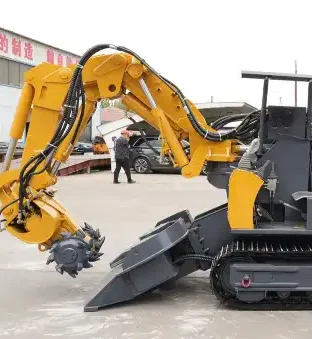
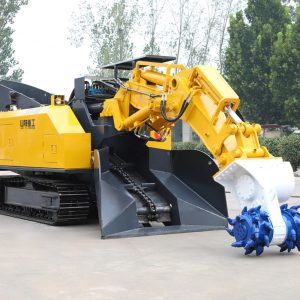
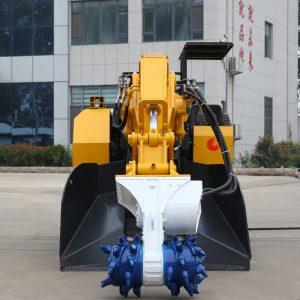
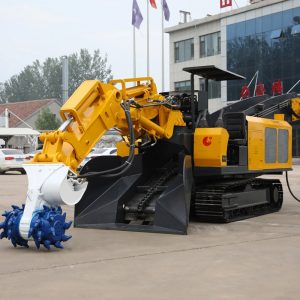
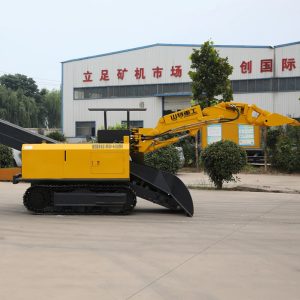
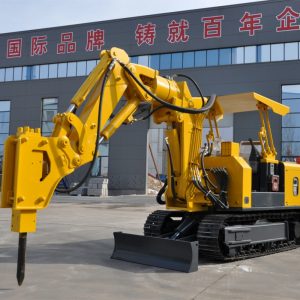
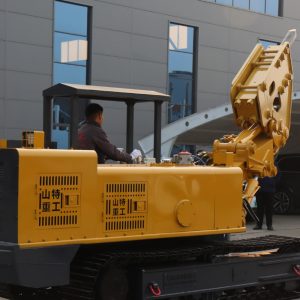
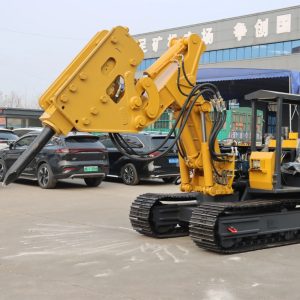
HelloPlease log in